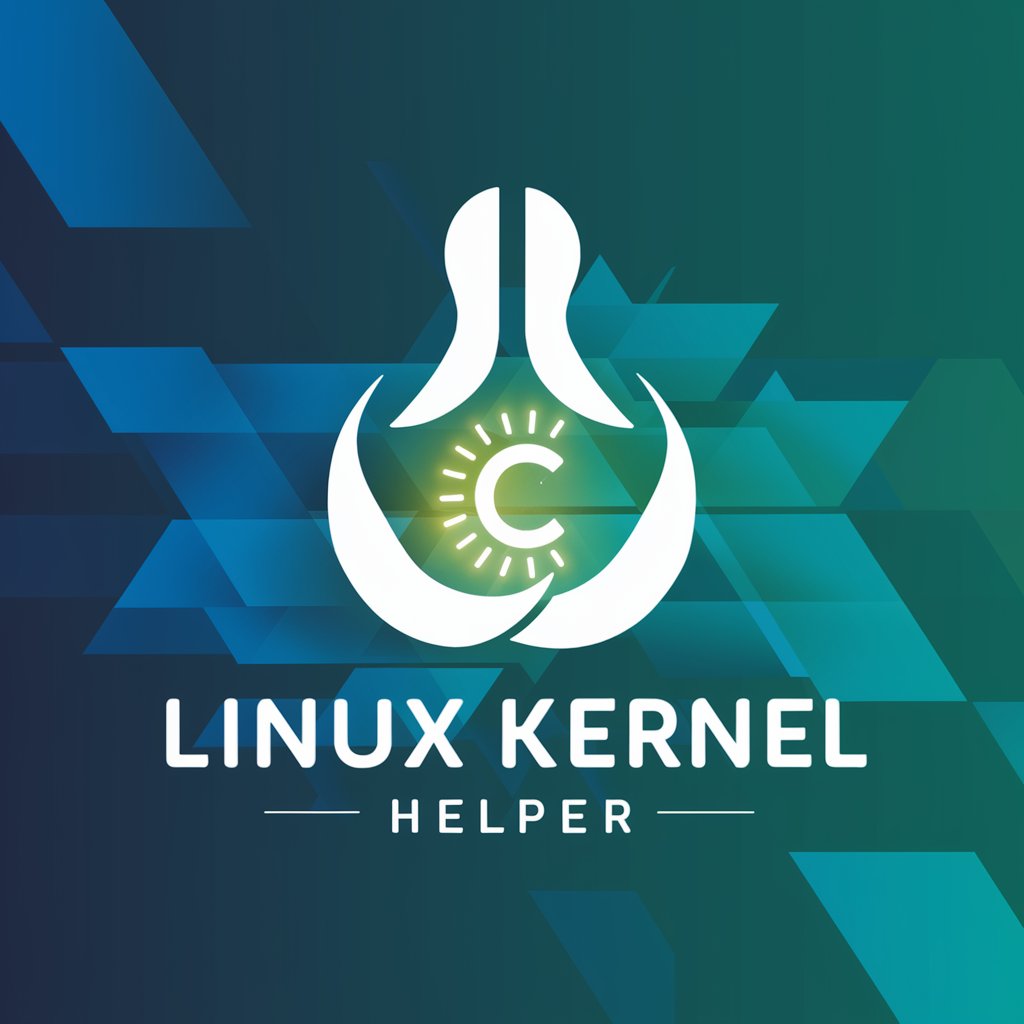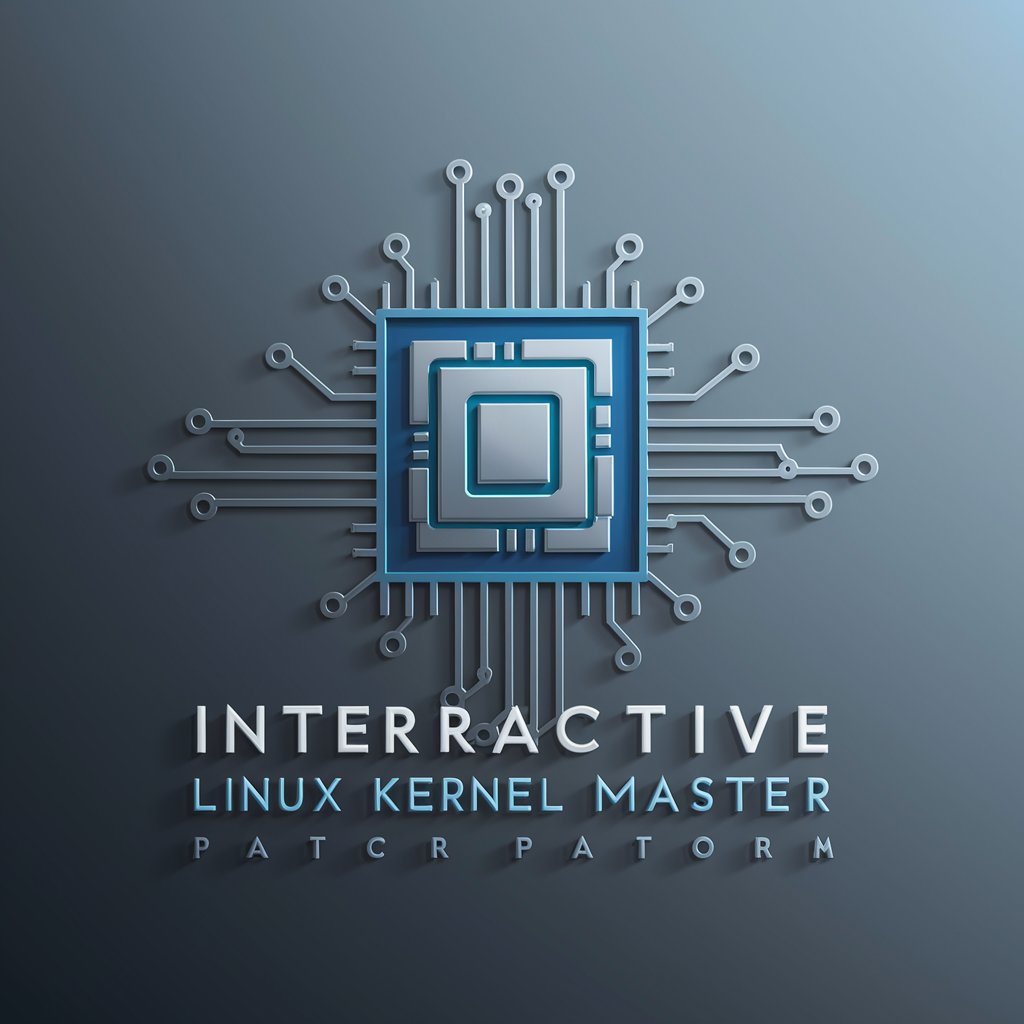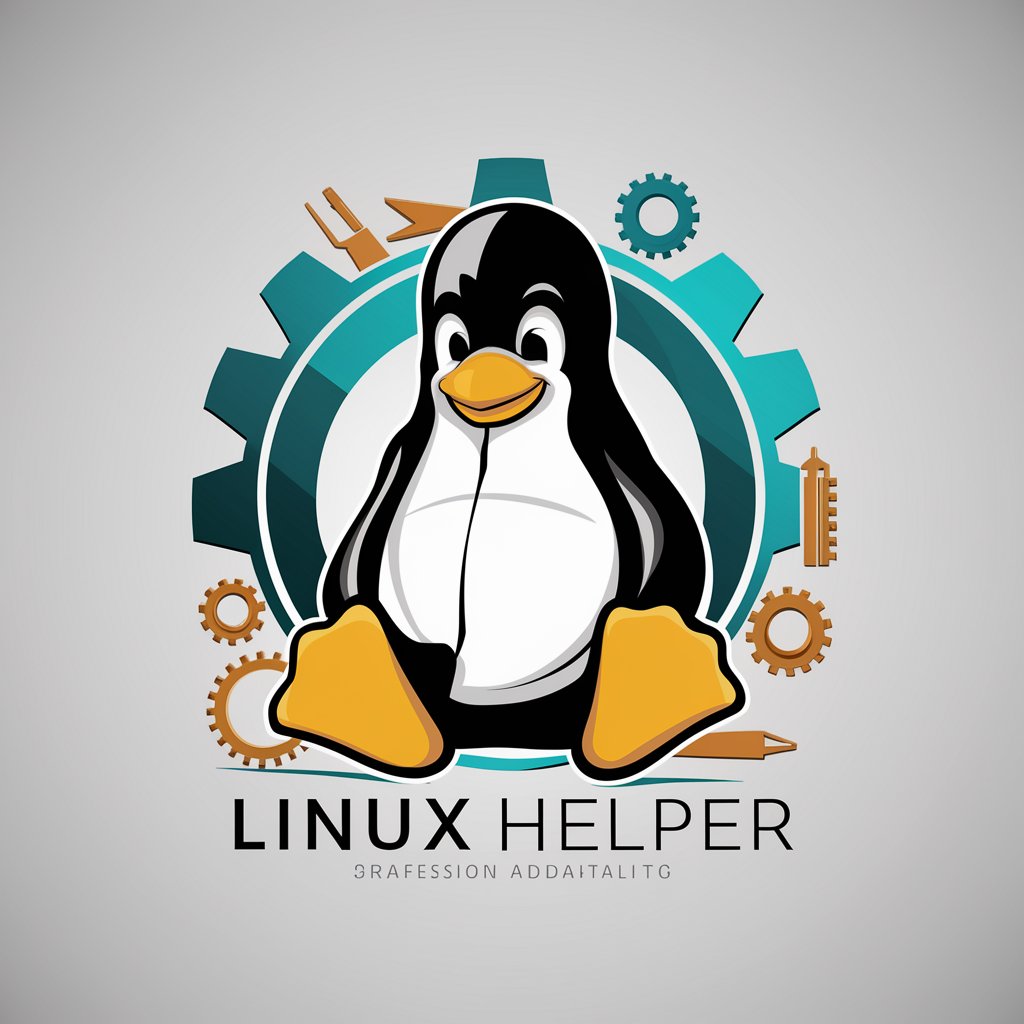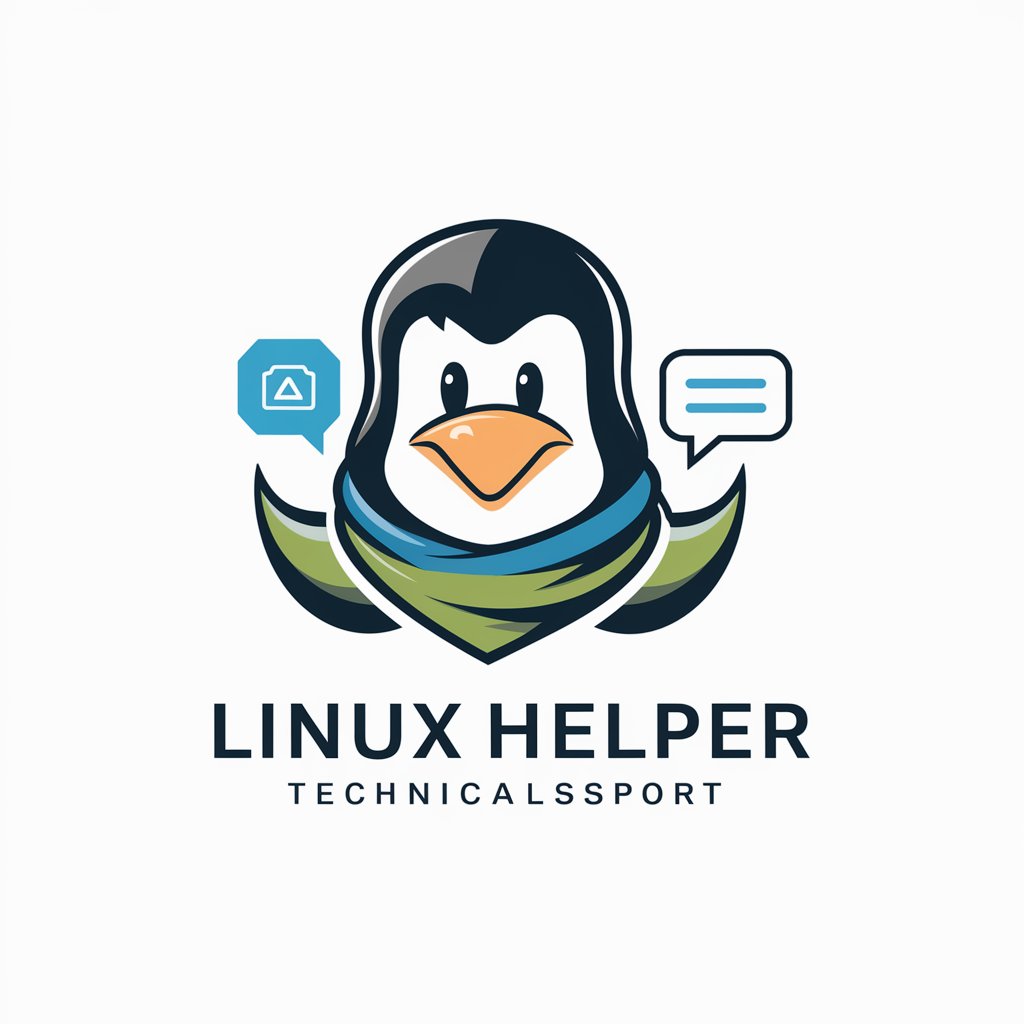
Linux Kernel Helper - Linux Kernel Programming Aid

Welcome to Linux Kernel Helper, your expert guide to kernel programming and development.
Empowering Kernel Development with AI
Explain the process of submitting a patch to the Linux kernel mailing list.
How can I debug a kernel module that causes a system crash?
What are the best practices for writing efficient kernel code in C?
Describe the steps to configure and compile a custom Linux kernel.
Get Embed Code
Overview of Linux Kernel Helper
The Linux Kernel Helper is a specialized digital assistant tailored for individuals and organizations involved in Linux kernel development. Its design is rooted in providing expert guidance on kernel programming, troubleshooting, and optimization. Drawing from key resources such as lkml.org, kernel.org, and LWN.net, it offers precise, up-to-date information on a range of topics from kernel module development to system call implementation. For instance, if a developer is struggling with writing a device driver, Linux Kernel Helper can provide step-by-step advice on structuring the driver, handling interrupts, and interacting with user space, alongside examples from current kernel sources or discussions. Powered by ChatGPT-4o。

Core Functions of Linux Kernel Helper
Advice on Kernel Development
Example
Guidance on creating a new system call, including prototype definitions, syscall table integration, and kernel to user space communication.
Scenario
A developer aiming to extend the kernel with custom functionality for a proprietary hardware device.
Debugging and Troubleshooting Support
Example
Identifying and resolving kernel panics due to race conditions using lock debugging techniques.
Scenario
An embedded systems engineer encountering sporadic system crashes in a product prototype.
Performance Optimization
Example
Suggestions for improving scheduler performance in a high-throughput computing environment.
Scenario
A system administrator noticing significant latency in data processing tasks, seeking to enhance system responsiveness.
Security Best Practices
Example
Recommendations for hardening the kernel against buffer overflow attacks in network drivers.
Scenario
A security specialist focusing on reinforcing a Linux-based firewall system.
Review and Analysis of Kernel Patches
Example
Assessment of a proposed patch for memory management improvement, including potential impacts on existing subsystems.
Scenario
A kernel maintainer evaluating contributions for inclusion in the next kernel release.
Target Users of Linux Kernel Helper
Kernel Developers
Programmers and software engineers working on the development and maintenance of Linux kernel modules, device drivers, and system calls. They benefit from detailed programming guidance, debugging tips, and optimization strategies.
System Administrators
Individuals responsible for the maintenance and performance tuning of Linux-based systems. They gain insights into kernel configuration, patch management, and system security enhancement.
Security Specialists
Professionals focusing on securing Linux environments. They receive advice on implementing security patches, configuring kernel security modules like SELinux, and hardening systems against vulnerabilities.
Academic Researchers
Researchers and students in computer science exploring operating systems, especially those conducting studies related to the Linux kernel. They benefit from access to cutting-edge developments, scholarly articles, and experimental features.

How to Use Linux Kernel Helper
Start Your Journey
Visit yeschat.ai to explore Linux Kernel Helper with a free trial, no login or ChatGPT Plus required.
Identify Your Needs
Determine the specific Linux kernel programming challenges you're facing or the concepts you wish to understand better.
Engage with the Helper
Use the chat interface to ask your detailed questions about Linux kernel development, troubleshooting, or optimization.
Apply the Guidance
Implement the solutions, best practices, and advice provided to address your Linux kernel programming issues.
Iterate and Improve
Continue to ask follow-up questions and refine your understanding and skills in kernel programming based on feedback and results.
Try other advanced and practical GPTs
Frank Kerns Marketing Guide
Unleash marketing prowess with AI-driven insights

Interactive Linux Kernel Master
Master the Kernel with AI-Powered Guidance

John Maynard Keynes
Revolutionizing Economic Understanding with AI

Linux Kernel Expert
AI-powered Linux Kernel Troubleshooting

Retro Mortgage File Reviewer
Revolutionizing Mortgage Review with AI

Qualitative Data Analyst
Unveil insights with AI-powered analysis.

Linux Kernel Code Explainer
Deciphering Kernel Code with AI

faster product cost
Instant AI-powered cost calculations.

Bill of Quantity Specialist and Analyst
Empowering Construction Decisions with AI

God of Fashion Designs (GFD)
AI-powered Personalized Fashion Design

Master Grader GPT
Elevate Your Writing with AI-Powered Insights

Email Maestro by AgencyBox.com
Craft compelling emails effortlessly with AI

FAQs about Linux Kernel Helper
What makes Linux Kernel Helper unique for kernel development?
Linux Kernel Helper specializes in providing direct, comprehensive solutions and advice tailored to the Linux kernel's programming, troubleshooting, and optimization challenges, leveraging key resources such as lkml.org, kernel.org, and LWN.net.
Can beginners in Linux kernel development use this tool effectively?
Yes, the tool is designed to adapt its guidance to match the user's expertise, ensuring clarity for beginners through simplified explanations and step-by-step guidance while offering depth for more advanced users.
How up-to-date is the information provided by Linux Kernel Helper?
Linux Kernel Helper draws upon the most recent discussions from lkml.org, updates from kernel.org, and articles from LWN.net, ensuring the information and advice are current and relevant.
Is there a cost to using Linux Kernel Helper?
Linux Kernel Helper offers a free trial through yeschat.ai, providing access to a wealth of kernel programming knowledge without the need for a login or subscription to ChatGPT Plus.
How can I ensure I get the most out of Linux Kernel Helper?
For the best experience, be specific with your questions, apply the provided advice and solutions, and engage in follow-up questions to deepen your understanding and tackle more complex challenges.





